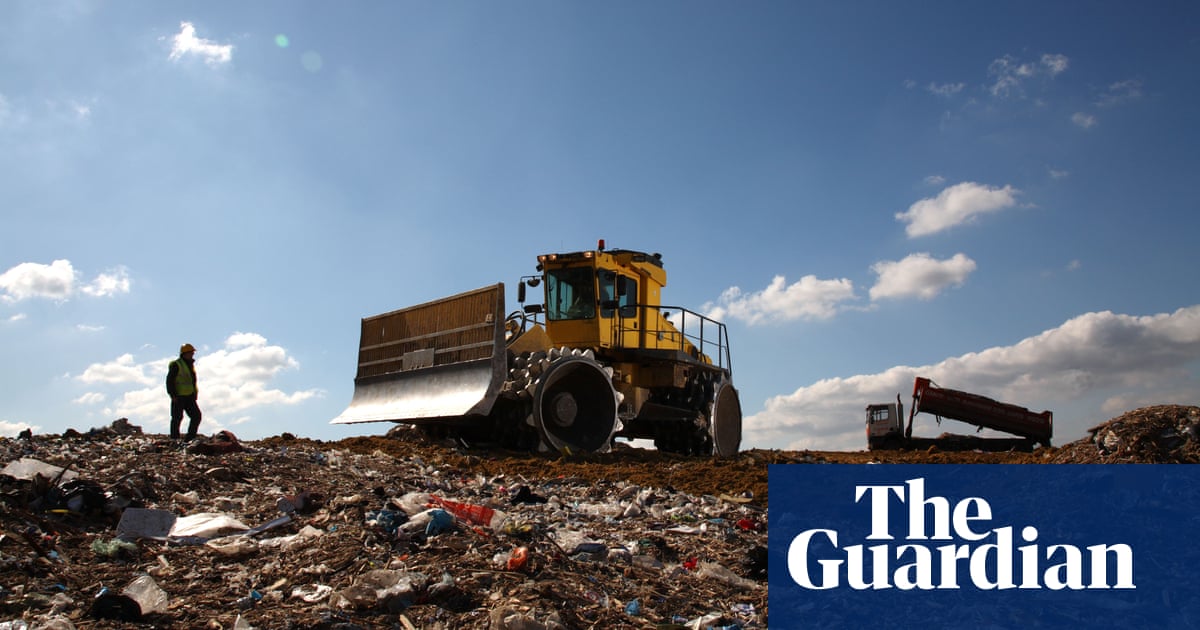As the public wake up to the risk of “forever chemicals”, or PFAS, the industry is fighting back with a campaign researchers have compared with big tobacco’s battle against restrictions on smoking. New findings about its intense lobbying efforts are highly concerning and require a response from the environment secretary, Steve Reed. A recent consultation by the European Chemicals Agency, regarding proposals for comprehensive regulation of the substances, which take an enormous length of time to degrade, was inundated with responses from business.
Varieties of these chemicals have been used in manufacturing and consumer goods since the 1950s. They protect equipment, remove grease and smooth skin – hence their appearance in kitchenware and cosmetics. But they can also leak into soil and water, and accumulate inside human tissues. Some have been linked to health problems including cancer and high cholesterol.
Two of the most toxic PFAS are restricted by a treaty known as the Stockholm convention. But there are plenty more chemicals in the fluorosurfactant group. And while the two other main types of PFAS – fluoropolymers and fluorocarbons – have not been proved to harm people directly, they may do so during manufacture and once they start to break down.
The Forever Lobbying investigation, which included the Guardian and involved journalists across 16 countries, found that even though the UK government has no plans to follow the EU in regulating all PFAS, it has been lobbied along with the bloc. Evidence about the rising costs of clean-ups, as well as the growing number of contamination hotspots, point to the urgent need to reconsider. As in other areas of environmental regulation, including pesticides and water, ministers ought to reject the previous government’s policy of relaxing rules and tighten them instead.
The Conservative policy of replacing EU green legislation with lower standards was wrong on principle. The environmental crisis is not limited to carbon emissions. The protection of nature is key to curbing global heating. The EU’s shift towards a “polluter pays” principle, in relation to water and other industries, ought to be copied globally and certainly not undermined by a Labour government in the UK. The lax approach of the US to PFAS, and other regulation, is a cause for alarm.
Specific hazards to human health must also be addressed. Non-stick frying pans are useful. But Emil Damgaard-Møller, a plastics scientist at the Danish Technological Institute, is right to say that “many products are overengineered”. If laws are changed because of safety concerns, companies will adapt to new conditions. Last year 59 British PFAS scientists wrote to the government declaring their support for alignment with the EU’s proposals.
The UK Environment Agency already knows about 10,000 contaminated locations, and has said it lacks the resources to deal with them. In the seriously polluted town of Bentham, North Yorkshire, residents are considering a legal case against the firefighting foam manufacturer located there, Angus Fire. The US has seen thousands of similar cases.
Intensive lobbying is the playbook followed by businesses everywhere when they fear that regulations will make it harder to make profits. But ministers cannot bury their heads in the sand when they are warned that PFAS clean-up costs could rise as high as nearly £10bn annually in the UK alone. People do not want their health to be harmed by invisible poisons. Ministers should act accordingly.

.png) 3 months ago
33
3 months ago
33













































